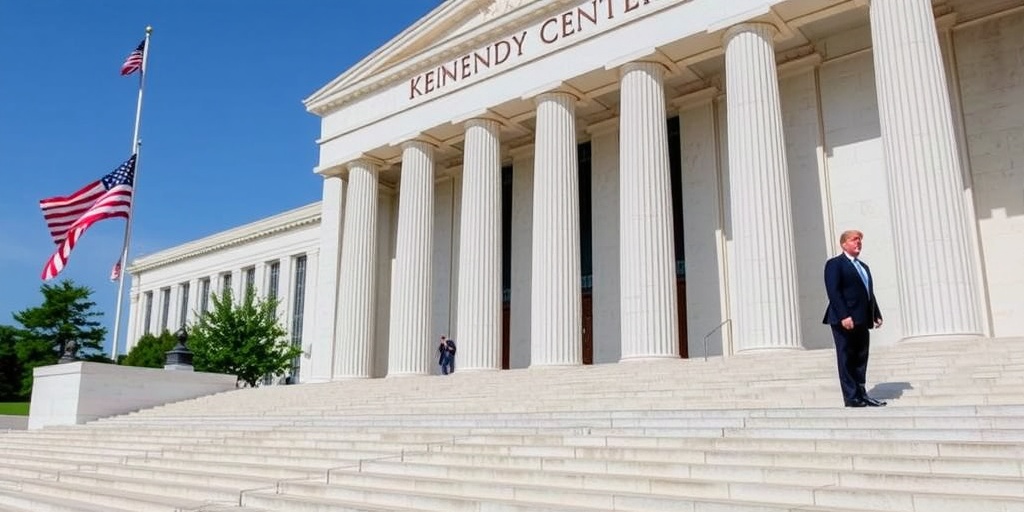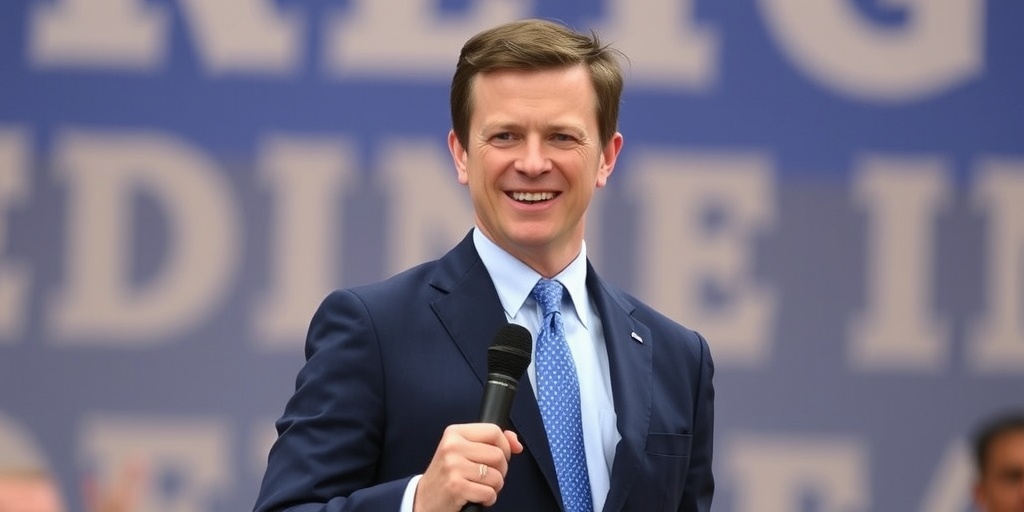Now Reading: Rights Groups Denounce Trump’s Use of ‘Palestinian’ as a Slur Against Schumer
-
01
Rights Groups Denounce Trump’s Use of ‘Palestinian’ as a Slur Against Schumer
Rights Groups Denounce Trump’s Use of ‘Palestinian’ as a Slur Against Schumer

Trump’s Controversial Remarks Spark Outcry Among Jewish and Muslim Communities
In a recent Oval Office meeting with Irish Prime Minister Micheál Martin, President Donald Trump ignited controversy with a statement regarding Senator Chuck Schumer, referring to him as “a Palestinian.” This comment was met with immediate and widespread condemnation from both Jewish and Muslim groups, who interpreted the term as a racial slur. The backlash raises questions about political discourse and the implications of identity in political rhetoric.
During the meeting, when pressed by reporters about proposed tax cuts, Mr. Trump steered the conversation toward criticizing the Democrats, specifically singling out Schumer, who serves as the minority leader and is recognized as the highest-ranking elected Jewish official in the United States. Trump’s exact words were, “Schumer is a Palestinian, as far as I’m concerned. He’s become a Palestinian. He used to be Jewish. He’s not Jewish anymore. He’s a Palestinian.” These remarks quickly attracted attention and ire.
Nihad Awad, the executive director of the Council on American-Islamic Relations (CAIR), the largest Muslim civil rights organization in the country, issued a statement condemning Trump’s comments. He emphasized that using the term “Palestinian” in such a derogatory way was not only offensive but also “beneath the dignity of his office.” Awad further argued that these comments contributed to the broader issue of “dehumanization of the Palestinian people,” highlighting the dangerous implications of Trump’s rhetoric on the discourse surrounding Palestinian identity and rights.
Similarly, the Anti-Defamation League (ADL), a well-known organization dedicated to combating antisemitism, characterized Trump’s remarks as unacceptable. They took particular issue with his use of “Palestinian” as a slur and challenged the notion of deciding who qualifies as Jewish. In their statement, the ADL urged Trump to use his platform to unite the American people rather than exacerbate divisions by “weaponizing people’s identity.” This call for unity amidst a polarized political atmosphere resonates deeply, especially in the context of an increasingly fragmented society.
Halie Soifer, the chief executive of the Jewish Democratic Council of America, described Trump’s remarks as “abhorrent,” stating that they demonstrate why many Jewish voters have distanced themselves from Trump. She asserted that his language, along with his broader agenda, creates a precarious environment for American Jews, particularly through his alignment with right-wing extremists. Soifer’s comments reflect a growing concern within the Jewish community about the rising tide of antisemitism in the United States and around the world.
The timing of Trump’s remarks also attracted attention, coinciding with Senate Democrats’ announcement that they would not support a Republican bill aimed at funding the government through September. This decision increased the likelihood of a government shutdown, a situation that could have widespread consequences for federal services and operations. The political landscape is already highly charged, and such comments from Trump only serve to heighten tensions between both parties.
As a result of this incident, Senator Schumer’s office faced significant pressure to respond. However, at the time of reporting, there was no immediate public comment from Schumer’s team, leaving many to speculate about how he might address the president’s inflammatory language. Given Schumer’s dual identity as a prominent Jewish leader and a high-profile Democratic senator, the implications of this controversy could have lasting effects on his political career and relationships within Congress.
The fallout from Trump’s remarks highlights how political rhetoric can transcend mere commentary and infiltrate the broader narrative surrounding issues of ethnicity, identity, and representation in American politics. As communities grapple with the meaning of such comments, there is an urgent need for a dialogue that promotes understanding rather than division. The reactions from various groups underscore the critical importance of respectful discourse in navigating the complexities of identity politics, especially within the current climate of heightened political polarization.
In conclusion, President Trump’s comments concerning Senator Schumer not only sparked significant backlash from Jewish and Muslim communities but also raised important questions about the use of identity in political rhetoric. As the political scene evolves, it becomes increasingly evident that leaders must prioritize unity and understanding over inflammatory language that has the potential to deepen divides within society.
Stay Informed With the Latest & Most Important News
Previous Post
Next Post
-
 01New technology breakthrough has everyone talking right now
01New technology breakthrough has everyone talking right now -
 02Unbelievable life hack everyone needs to try today
02Unbelievable life hack everyone needs to try today -
 03Fascinating discovery found buried deep beneath the ocean
03Fascinating discovery found buried deep beneath the ocean -
 04Man invents genius device that solves everyday problems
04Man invents genius device that solves everyday problems -
 05Shocking discovery that changes what we know forever
05Shocking discovery that changes what we know forever -
 06Internet goes wild over celebrity’s unexpected fashion choice
06Internet goes wild over celebrity’s unexpected fashion choice -
 07Rare animal sighting stuns scientists and wildlife lovers
07Rare animal sighting stuns scientists and wildlife lovers





















